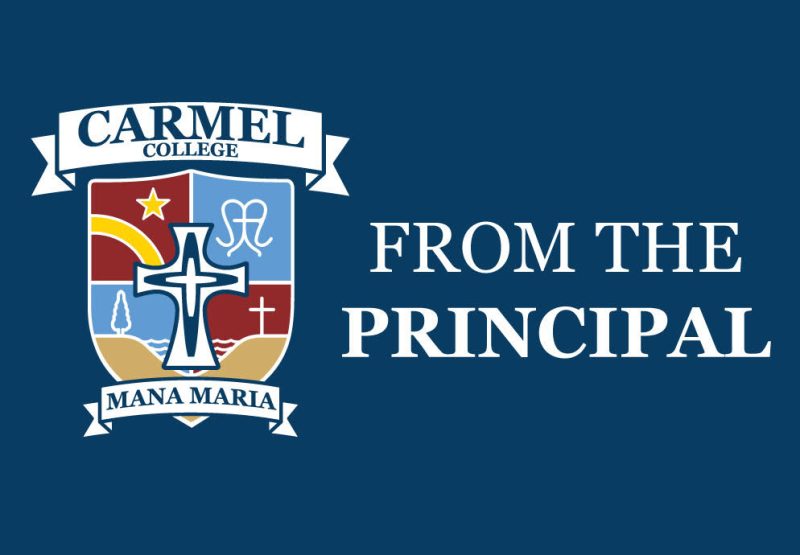Tena koutou katoa. Nga mihi atawhai nui.
This is all about social media related things that happened to me in the past week.
The first was an article, Safe on Social – My Why, about the founder of the organisation, Kirra Pendergast. She was telling her story of how relentless and vile online harassment had led her to set up this programme, Safe on Social, and how, if this person (whom she knows) were ever to turn up to one of her many speaking engagements, ‘I will point her out and thank her. Because really, if it wasn’t for her, I would have never found my purpose.’ This was how she responded, finally, to cyber-bullying.
Another Safe on Social article began: ‘Ever wondered what your teen really wants you to know about social media and wants you to teach them? Well, here it is. A brilliant and insightful piece by one of our Youth Advisory members. – Gigi, 17yrs. Safe on Social – teen tips for parents’
Gigi explains that, as teens, they have had plenty of education about the dangers of social media but her point is that there isn’t that much education about what to do if you are experiencing cyber-bullying. Social media is not an issue because we are not educated judiciously enough on its dangers; instead, we have failed to teach our youth how to actively and appropriately respond to these dangerous situations. This is where the real danger lies.
She states that students hold back from reporting what’s happening to them for fear of being met with a judgmental response – why would you have sent that image? What were you doing on that site anyway? Gigi’s suggestion is: It is also necessary that education on social media extends beyond our youth and onto parents. Educating parents and carers on how to proactively respond to the dangers that their kids may engage in on social media will assist in rectifying the real risks of social media. Their kids will feel more comfortable with opening up to their parents about their struggles on social media, allowing them to actively resolve their problems and reduce its effect on their mental health.
Then someone sent me a link to an anonymous post, naming and defaming me and another person, personally and professionally. So, how did I react to this?
We do what we always do with these cases – contact the authorities and it was removed within 24 hours. For me, the hurtful and untruthful comments, sadly, come with the territory of the position I hold. I have learned that trying to track down the person behind an anonymous post is wasted energy. I’ve learned that to give these comments any head space is more wasted energy. My response to these types of comments, in Brene Brown’s words:
“If you are not in the arena getting your backside kicked on occasion, I am not interested in or open to your feedback. There are a million cheap seats in the world today filled with people who will never be brave with their own lives, but will spend every ounce of energy they have hurling advice and judgement. Their only contributions are criticism, cynicism, and fear-mongering. If you’re criticizing from a place where you’re not also putting yourself on the line, I’m not interested in your feedback.”
I want to share these powerful sentiments with the other person named and defamed in this same post. This person is shattered by these cowardly comments.
As the writer, Sonia Vadlamani from Happiness.com blog: “What other people think of you really isn’t any of your business: it’s best to not let other people’s opinions prevent you from being the authentic version of yourself.”

